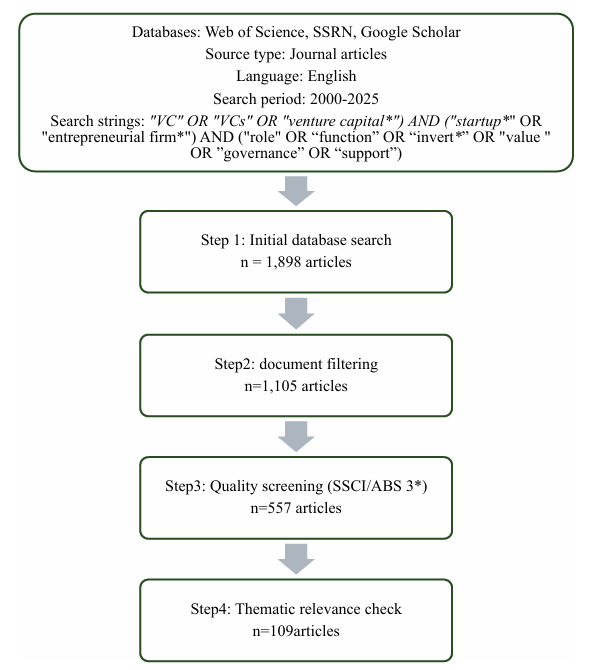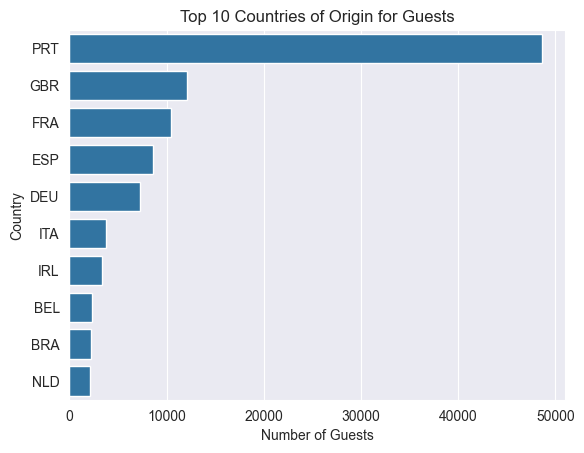

Volume 2 Issue 3
Published on October 2025
Despite the recognized importance of venture capital (VC) in fostering entrepreneurship, its functional evolution remains inadequately conceptualized in existing literature. This paper conducts a systematic review of 109 studies published from 2000 to 2025 and explores the dynamic trajectory of VC in entrepreneurship lifecycle. Moving beyond the traditional view of VC as a mere financial intermediary, we propose a multi-dimensional framework that captures its expanded functions of resource orchestration, strategic partnership, and cognitive collaboration. Our findings indicate that the manifestation of these roles is not uniform, but varies systematically with the type of investor, the timing of their engagement, and the broader institutional setting. By developing a dynamic model of VC functionality, this review provides a nuanced understanding of how VC’s role deepens over time and offers critical insights for entrepreneurs and investors to enhance the efficacy of VC-firm partnerships.

 View pdf
View pdf



Accurately forecasting hotel booking cancellations is essential for revenue management, operational planning, and customer retention in the hospitality industry. This study provides a comprehensive evaluation of both traditional machine learning models and modern deep learning architectures using the publicly available Hotel Booking Demand dataset. After systematic preprocessing, feature engineering, and handling class imbalance through oversampling and cost-sensitive learning, several algorithms were benchmarked. Among them, ensemble methods such as Random Forest and XGBoost achieved the most reliable results, with overall accuracy of 84% and ROC-AUC scores exceeding 0.91. Deep learning models including CNN, LSTM, and Transformer also demonstrated competitive performance, though they required more computational resources and showed varying sensitivity to data characteristics. Beyond predictive accuracy, SHAP-based interpretability and error analysis highlighted the critical role of features such as lead time, prior cancellations, and number of special requests, offering actionable insights for practitioners. For instance, longer lead times consistently increased cancellation risk, while multiple special requests were strongly associated with lower cancellation probabilities, reflecting guest commitment. The study further emphasizes the importance of minimizing false negatives, as misclassified cancellations lead directly to lost revenue. Business-oriented strategies such as dynamic pricing, targeted loyalty programs, and seasonal model adjustment are proposed to reduce risks and improve operational outcomes. Overall, this research confirms the value of cost-aware and interpretable machine learning approaches in optimizing hotel booking management, while also outlining future directions for integrating loyalty profiles and customer feedback into predictive systems.

 View pdf
View pdf




